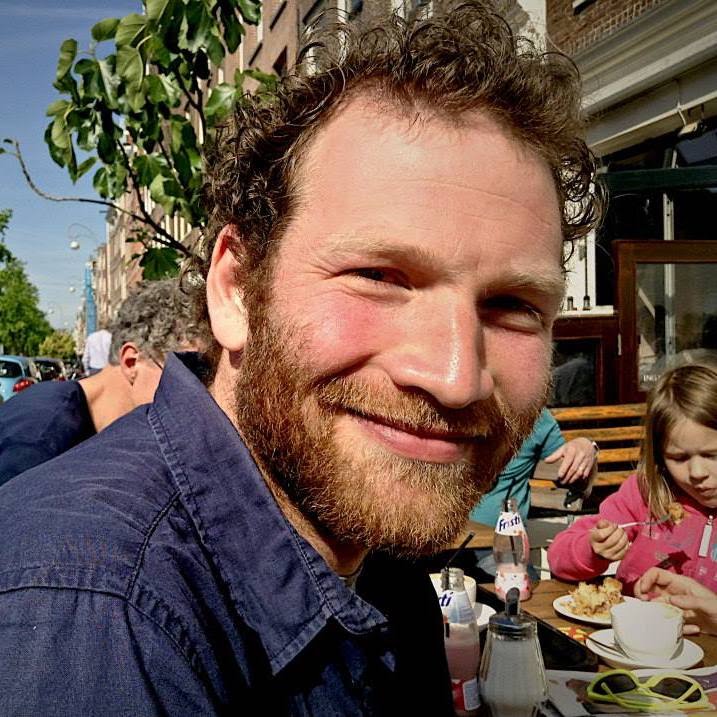
Inquisitive semantics and pragmatics: theoretical foundations and empirical explorations : April 2011
– • Goettingen • Georg August University of Goettingen
This mini-course provides an overview of the main ideas underlying inquisitive semantics and pragmatics, and discusses several empirical phenomena that can be given a novel analysis in this framework. Immediately after the mini-course, there will be a workshop on the semantics and pragmatics of questions.

Lecture 1: Monday April 11, 10am - 1pm
Inquisitive semantics and pragmatics (slides)
The main aim of inquisitive semantics is to develop a notion of meaning that does not only capture informative content, but also inquisitive and attentive content. Changing the core notion of semantic meaning also has important consequences for pragmatics. We will give an overview of the main ideas, and present a simple formal system that embodies these ideas. Based on joint work with Jeroen Groenendijk (Amsterdam) and Ivano Ciardelli (Bordeaux).
Lecture 2: Monday April 11, 2pm - 4pm
Attentive might (slides)
John might be in London or he might be in Paris is equivalent with John might be in London and he might be in Paris. This is a very surprising fact, which is problematic for any semantic account of might previously considered. In inquisitive semantics, it is possible to treat might as an attentive operator. Given this treatment, and a suitable analysis of disjunction and conjunction, the observed equivalence is straightforwardly derived. Based on joint work with Jeroen Groenendijk (Amsterdam) and Ivano Ciardelli (Bordeaux).
Lecture 3: Tuesday April 12, 10am - 1pm
Prosody, syntax, and semantics of disjunctive questions (handout)
The interpretation of disjunctive questions notoriously depends on subtle differences in surface form and intonation. For instance, Did Sally bring wine or juice? can be interpreted as a yes/no question, but also as an alternative question, depending on intonation. Subtle variations in surface form can make one of these interpretations unavailable. For instance, Did Sally bring wine or did she bring juice? cannot be interpreted as a yes/no question, while Did Sally bring either wine or juice? cannot be interpreted as an alternative question. What exactly are the relevant syntactic and prosodic factors? And how do we formulate a compositional semantics that takes these factors into account? Based on joint work with Kathryn Pruitt (Amherst) and Sam van Gool (Nijmegen).
Workshop talk: Wednesday April 13, time TBA
Polarity particles in an inquisitive discourse model (handout)
Responses to questions often involve polarity particles like yes and no. This talk explores the distribution and the interpretation of such polarity particles. This empirical domain is full of unresolved puzzles. Why, for instance, is No a good response to the polar question Is the door open? and to the alternative question Is the door open or not? but not to the alternative question Is the door open or closed?. In exploring the behavior of polarity particles we will also considerably sharpen our understanding of the semantics of questions. Joint work with Donka Farkas (Santa Cruz) and Adrian Brasoveanu (Santa Cruz).